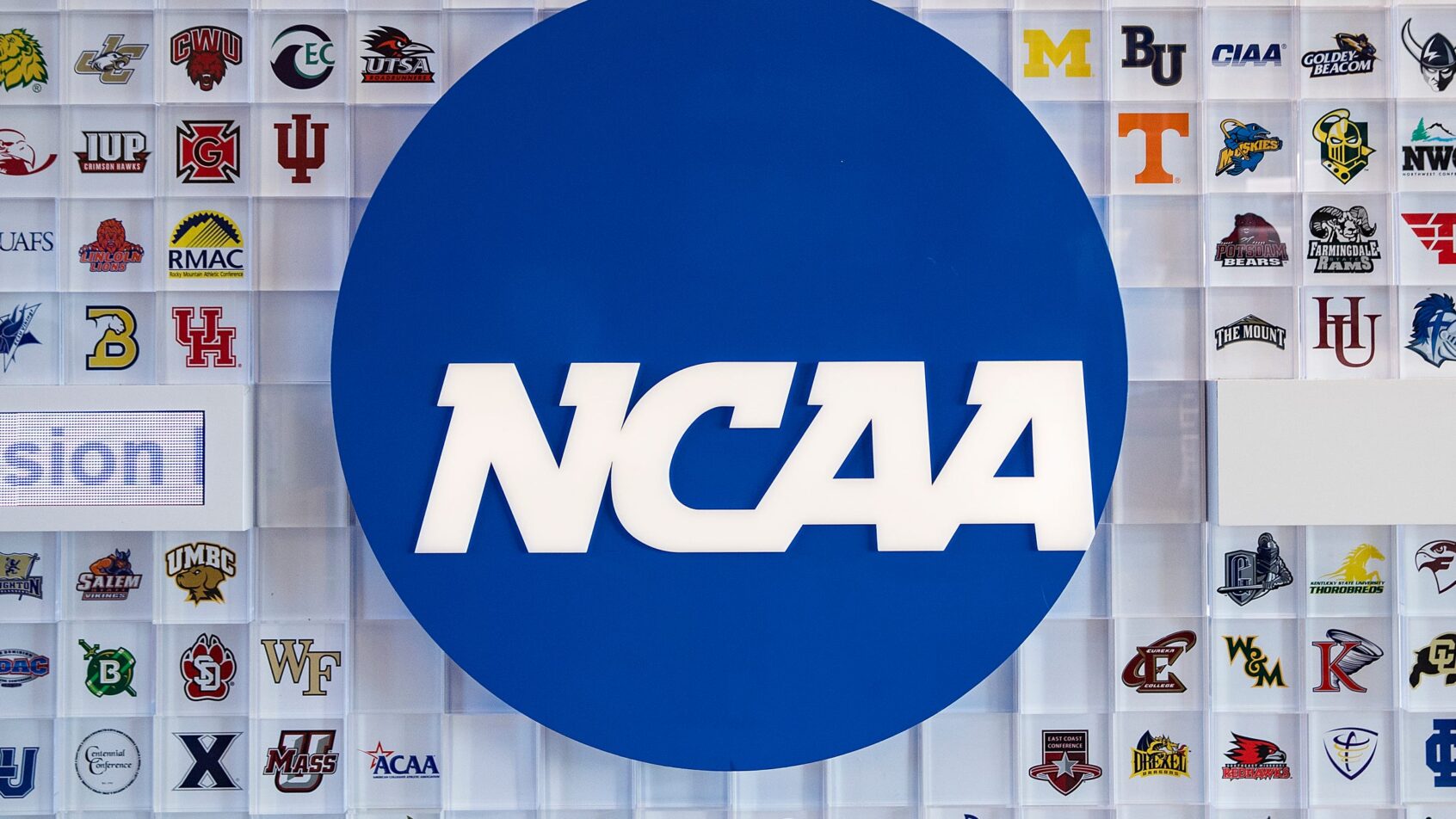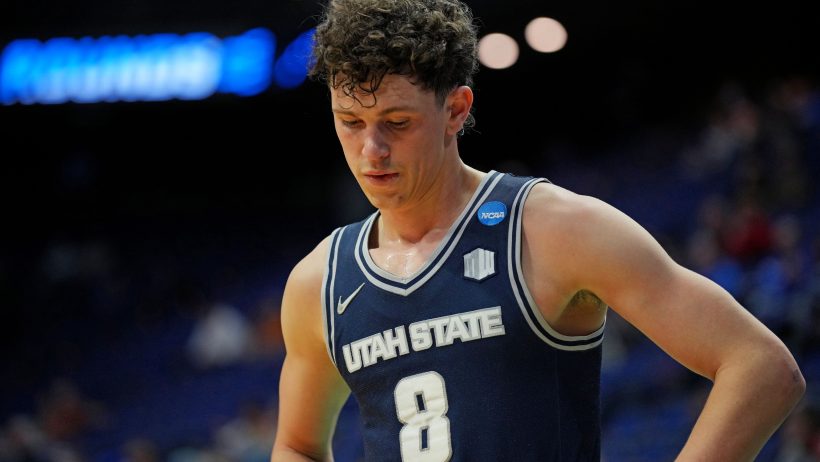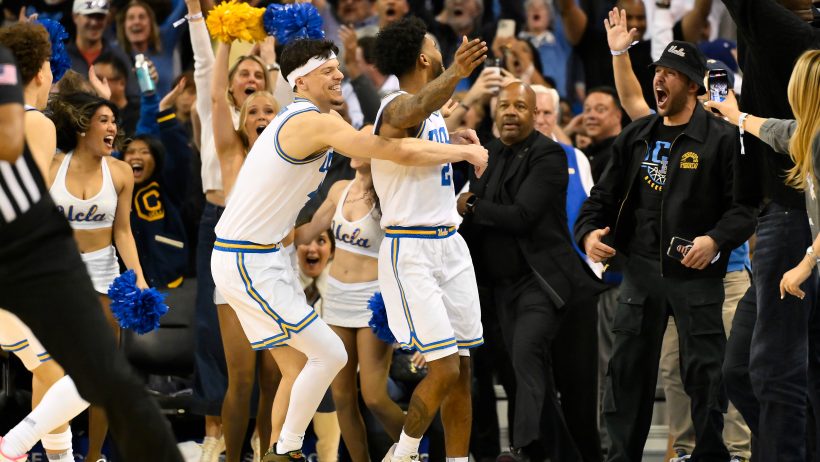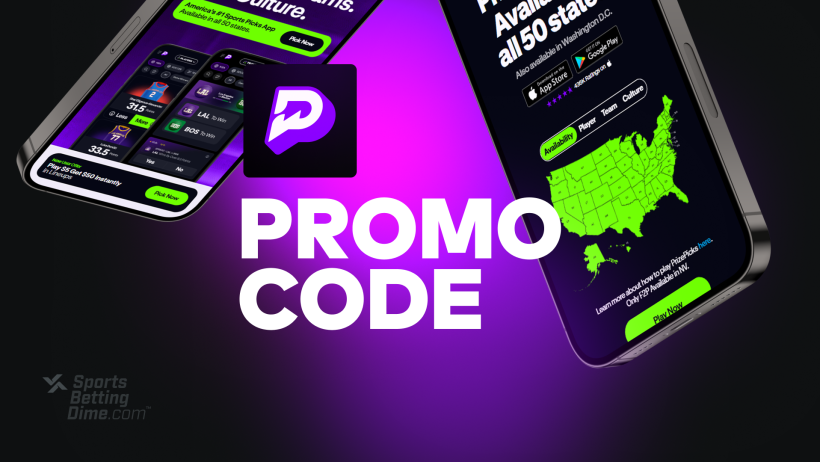NCAA Finalizes Legislation to Allow Athletes, Staff to Bet on Professional Sports
By Robert Linnehan in Sports Betting News
Published:

- The remaining division councils approved a plan to allow student athletes, coaches, and staff to bet on professional sports
- The Division II Management Council approved legislation to permit student-athletes and athletics department staff members to bet on professional sports
- Division III Management Council also approved the legislation this week
NCAA student athletes, coaches, and staff will be allowed to bet on professional sports starting Saturday, Nov. 1.
The Division II Management Council last night approved legislation to permit student-athletes and athletics department staff members to bet on professional sports. The Division III Management Council also approved the legislation this week.
The NCAA Division I Administrative Committee approved the legislation earlier this month, signaling a major change in the way the NCAA views betting on professional sports for its student athletes and staff.
College Sports Betting Prohibition Remains
The NCAA Division I Administrative Committee recently adopted the proposal to allow student-athletes and athletic department staff members to bet on professional sports. The D-I committee first proposed the rule change this past June.
However, the NCAA prohibition against betting on college sports, or sharing information about college competitions with other bettors, will remain in place.
“Our action reflects alignment across divisions while maintaining the principles that guide college sports,” said Roberta Page, director of athletics at Slippery Rock and chair of the Division II Management Council. “This change recognizes the realities of today’s sports environment without compromising our commitment to protecting the integrity of college competition or the well-being of student-athletes.”
The council, however, emphasized this is not an endorsement of sports betting, particularly for student-athletes. It requested further emphasis of schools using harm reduction strategies and resources provided by the Committee on Competitive Safeguards and Medical Aspects of Sports and the Sport Science Institute to counteract sports betting related harms.
The rule change was also supported by the D-I Student-Athlete Advisory Committee, which requested the change come with continued and enhanced education and support for student-athletes to prevent problem gaming habits.
This comes at a time when the NCAA’s caseload involving sports betting violations has continued to increase, but in which most violations being pursed involve conduct that directly impacts the integrity of college sports.
Most recently, the NCAA announced an investigation of 13 former men’s basketball student athletes who competed at six schools for sports betting violations. While the facts differ for each athlete, they all include instances of student athletes betting on and against their own teams, sharing information with third parties for purpose of sports betting, knowingly manipulating scoring or game outcomes, and/or refusing to participate in the enforcement staff’s investigation.
Sports Betting Landscape Has Changed
As it currently stands, athletes face stiff penalties from the NCAA if found betting on college or professional sports, which could lead to permanent loss of collegiate eligibility in the most harshest of cases. Other penalties are determined by the amount bet on professional sports and what type of bet, or on what team, is made on college sports.
However, sports betting is now legal in 40 states and more accepted then when the NCAA devised its original gambling policies.
The NCAA modernized its sports betting policies in June 2023, as reinstatement guidelines for student-athletes found participating in sports betting (but not on their own school) were made more lenient.
Sports Betting Dime first reported on this rule change possibility in May 2024, when Mark Hicks, managing director of enforcement for the NCAA, said the NCAA started discussions with its three division leaders to evaluate its sports betting policy and if the policy should be “liberalized.”
The proposal came after a directive from the DI Board of Directors in April, which proposed the council adopt changes to the sports betting rules.

Regulatory Writer and Editor
Robert Linnehan covers all regulatory developments in online gambling and sports betting. He specializes in U.S. sports betting news along with casino regulation news as one of the most trusted sources in the country.



